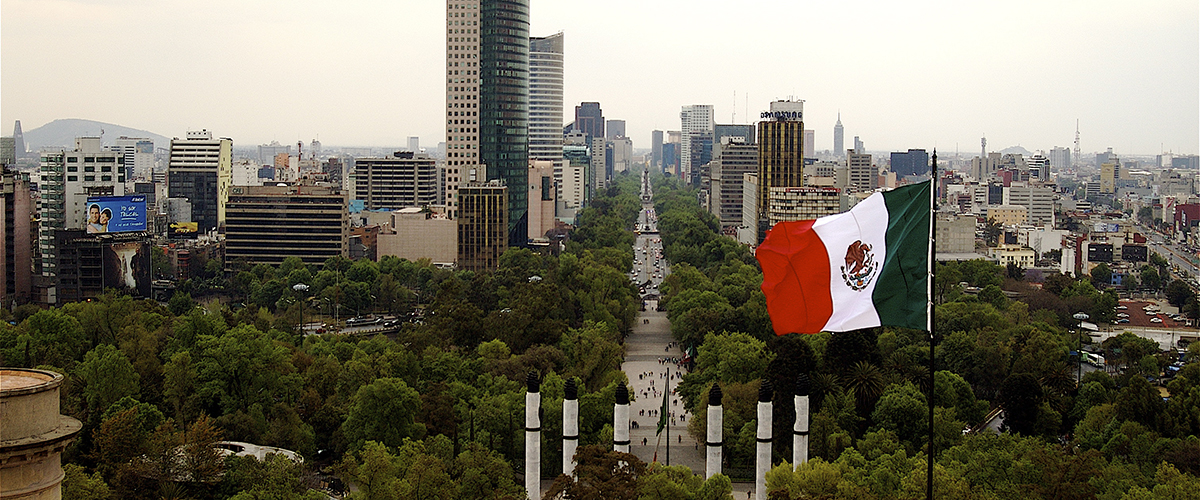Independent candidacies have great success in Mexican mid-term elections

Last 7th of June mid-term elections were held in Mexico. In 17 out of the 31 states in the Republic, the candidates competed for seats in city councils, provincial and federal councils and, in 9 of them, also in state governments. Polling day took place without any irregularities – except for some complications in certain states such as Michoacán and Oaxac. Also, 98% of the polling stations foreseen opened, turning it into an unprecedented democratic event.
The Institutional Revolutionary Party (PRI), the party of the current Mexican President, had an overwhelming success in the positions in the federal congress, winning with a majority, together with their partner parties, in the Chamber of Deputies. However, in certain states the elections brought a significant fracture in the main political groupings, with the historical victory of independent candidacies. This is the case in Nuevo León, where for the first time a candidate unaffiliated to any political party, Jaime Rodríguez Calderón won the elections. After more than 30 years in PRI, Jaime Rodríguez quit de party and launched an independent political career marked by his fight against organised crime in the state.
Another significant case is Sonora, where Claudia Pavlovich Arellano, frontrunner of the Institutional Revolutionary Party (PRI) became the first woman to be appointed Governor of the state. The phenomenon of the alternative candidacies success was also important in the provincial council elections, in which many citizens supported independent candidates.
This triumph of democracy was made possible in part, according to the Organisation of American States (OEA), by the preliminary review of the legal tools that could ensure greater equity. Such actions included funding mechanisms to facilitate access to electoral campaigns to the candidates without a political party and to minority parties.








































































